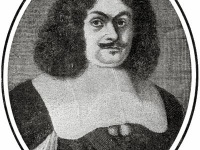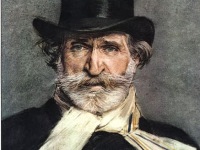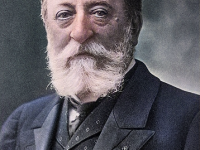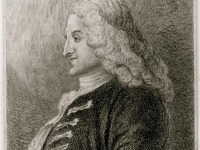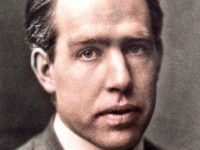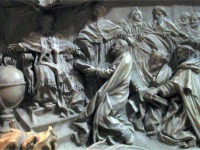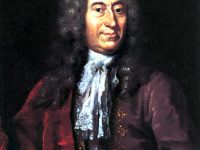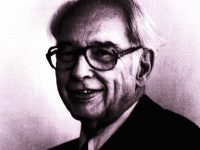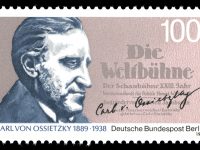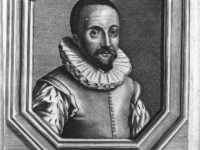Andreas Gryphius – Master Poet of the German Baroque
On October 11, 1616, German Baroque lyric poet and dramatist Andreas Gryphius was born. For his poems and tragedies Gryphius chose the topics of pain and moral decay during the times of the Thirty Years’ War as well as human restlessness, solitude and inner conflicts. Unless you have attended a German highschool or have a strong interest in baroque poetry, you might have never heard of him. Back at school, we had to…
Read more

